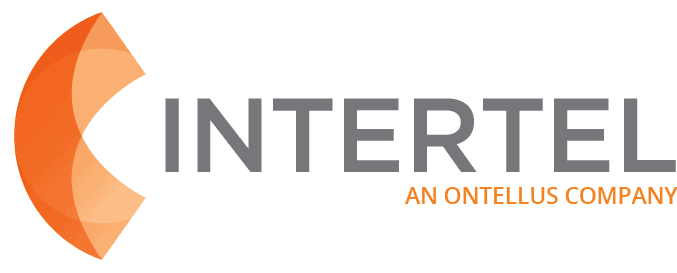 Medical canvassing is a powerful tool used by insurance carriers, TPAs, and legal professionals to verify medical treatment histories and uncover undisclosed information. Yet, due to a few persistent misconceptions, many organizations skip this critical part of the discovery and record retrieval process — and risk missing vital information as a result.
Medical canvassing is a powerful tool used by insurance carriers, TPAs, and legal professionals to verify medical treatment histories and uncover undisclosed information. Yet, due to a few persistent misconceptions, many organizations skip this critical part of the discovery and record retrieval process — and risk missing vital information as a result.
It’s time to put those misconceptions to rest. Let’s debunk the top five myths about medical canvassing.
MYTH #1: Medical Canvassing is Illegal
This is one of the most common myths. But professional medical canvassing is 100% legal when conducted properly. It involves contacting medical providers within a specified geographic area to verify if an individual has received treatment — but it does not involve accessing private health records without consent. Providers simply confirm whether a patient has been seen at their facility and do not share detailed records.
MYTH #2: Medical Canvassing Violates Privacy Laws Like HIPAA
HIPAA protects medical records, not the simple existence of a patient/provider relationship. Professional medical canvassers ask only whether the subject has been treated — a yes/no confirmation — without requesting diagnoses, procedures, or sensitive details. Reputable medical canvassing providers, like INTERTEL, ensure full compliance with HIPAA and all privacy regulations.
MYTH #3: Medical Canvassing Is Only For Fraud Investigations
While medical canvassing does help detect fraud or misrepresentation, it’s also a valuable verification tool. Medical canvassing can confirm honest claims, uncover prior treatments relevant to injury assessments, and support accurate claim decisions. It’s about clarity, not just suspicion.
MYTH #4: Medical Canvassing Information Isn’t Reliable
INTERTEL uses rigorous protocols, documented provider responses, and quality assurance processes to ensure that the information gathered is accurate, defensible, and verified. It’s trusted by insurance carriers and legal teams nationwide.
MYTH #5: Medical Canvassing Is Unethical
Ethical concerns often stem from misunderstanding the medical canvassing process. Professional medical canvassing is simply about gathering facts in an objective, lawful manner — no deception, no invasion of privacy. It supports the fair evaluation of claims, protects insurers from unnecessary losses, and ensures that all parties are operating with complete information.
Medical canvassing is a legal, ethical, and highly effective tool for claims validation and risk mitigation. When conducted professionally, it protects both insurers and claimants by ensuring decisions are based on the full picture — not assumptions.
Build your case with all the facts. Request a medical canvass from INTERTEL now.


